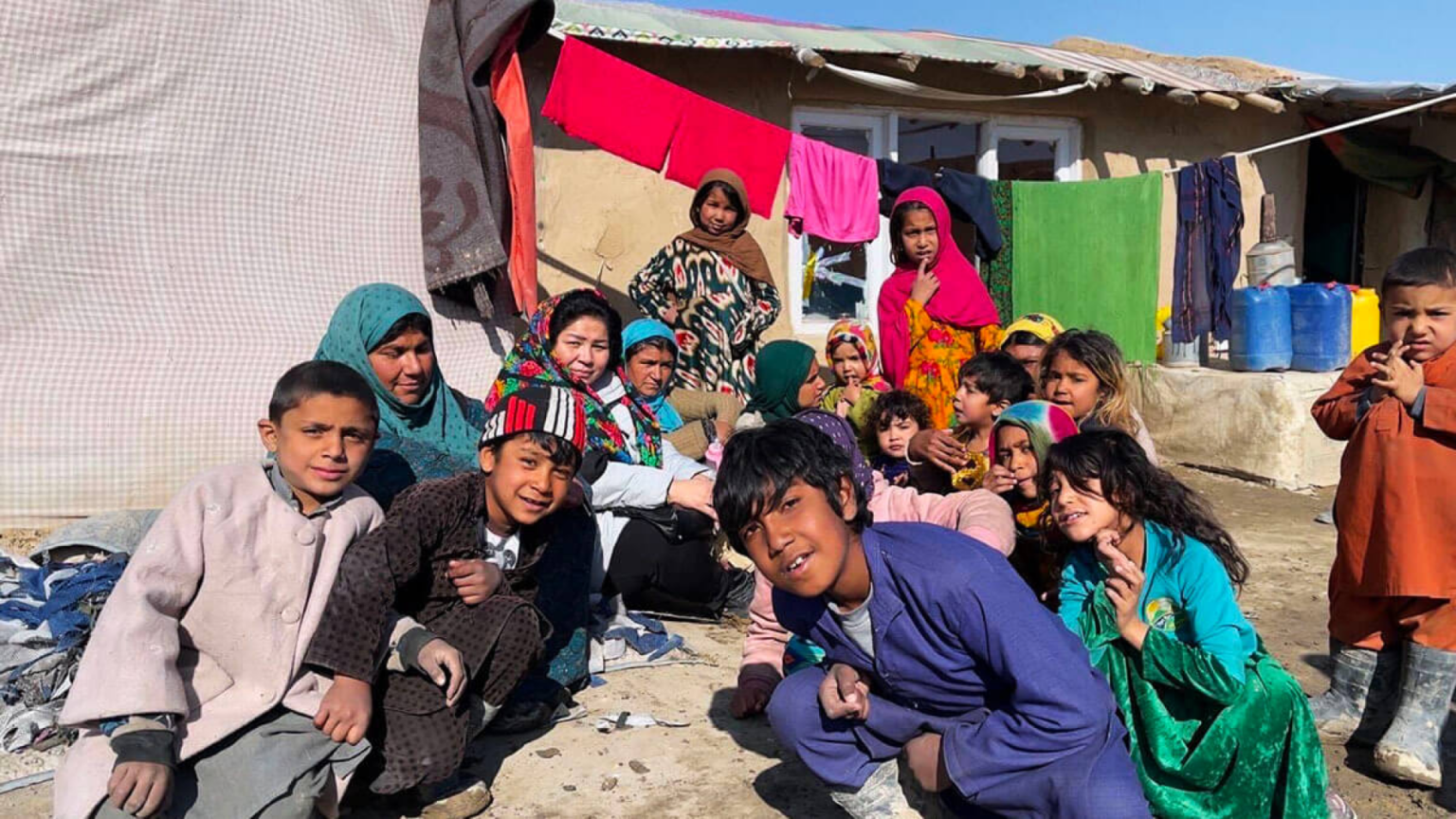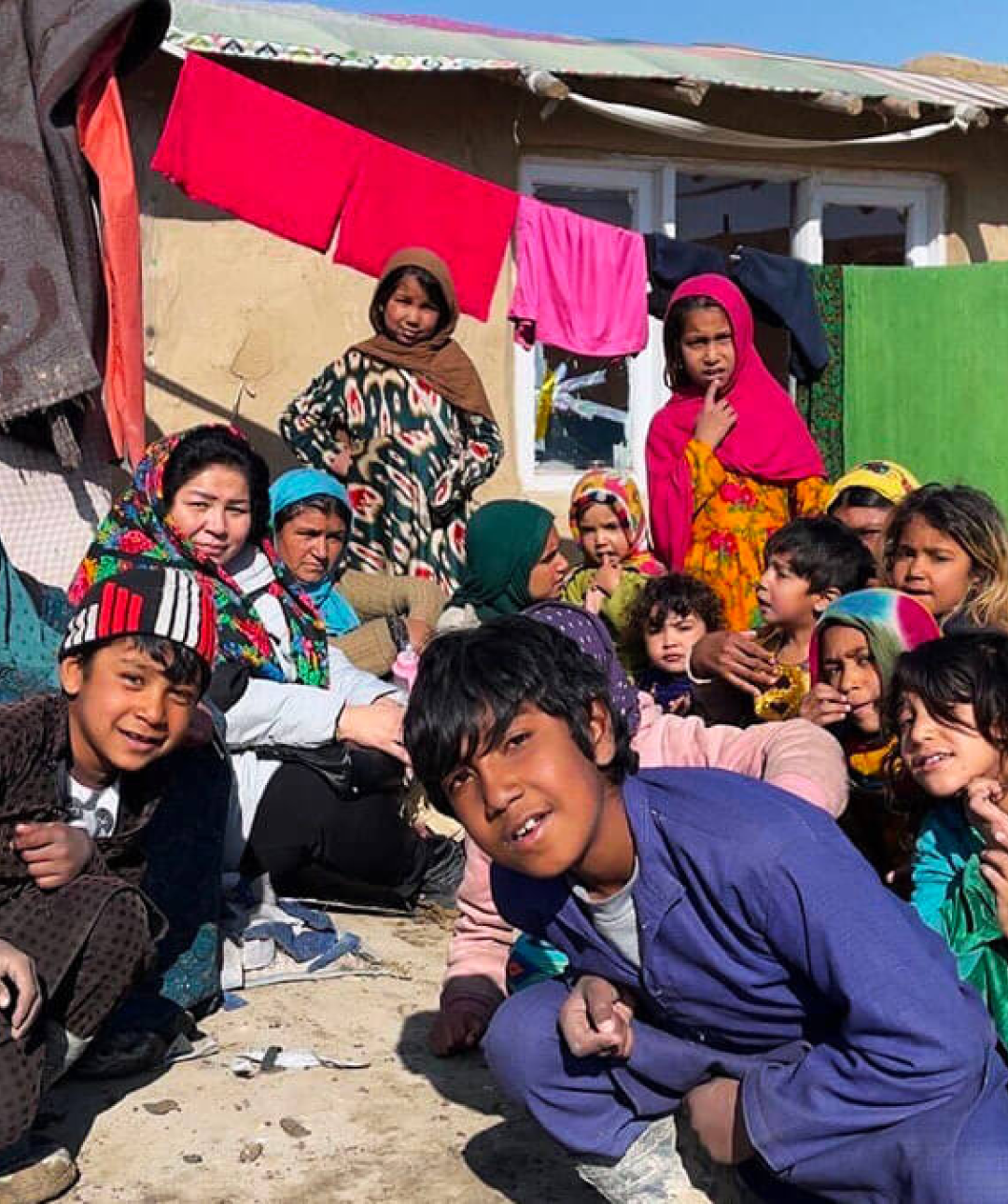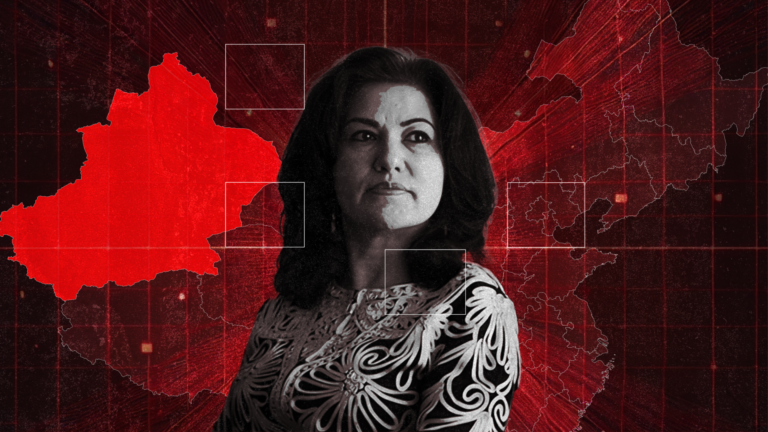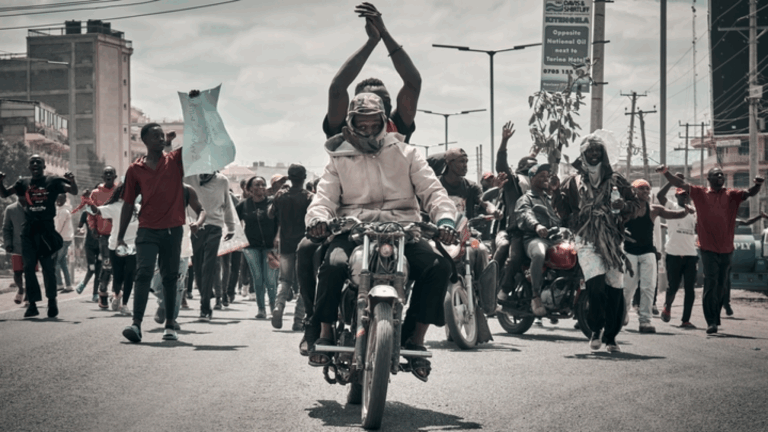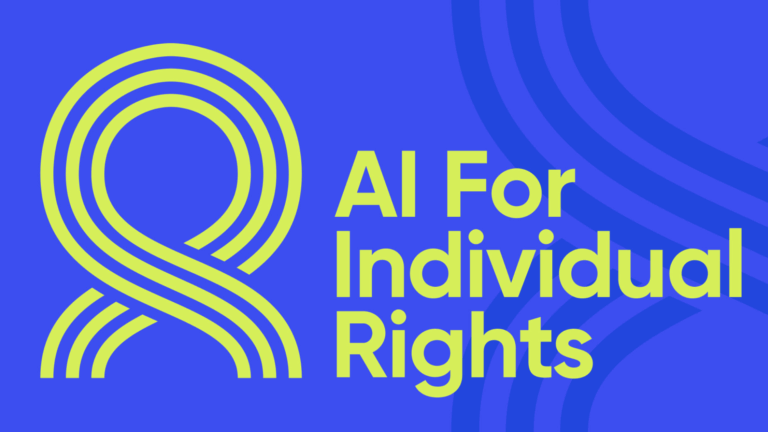By Kenza Bouanane, Grace-Anna Douglas, and Claudia Bennett
“We live in a safe house in Pakistan to stay hidden and alive. At the same time, I lost my job, and I do not have any source of income and financial means to support myself. Although I am living in Pakistan in the most difficult circumstances, I did not lose hope and dream of continuing my higher education.”
Around this time last year, amid the waning summer and an otherwise hopeful moment of revival in the post-pandemic year, the world witnessed a cataclysmic event: the United States’ formal military withdrawal from Afghanistan. As NATO personnel receded and former President Ashraf Ghani fled ahead of tensions, the country’s weakened social-political fabric allowed the Taliban to storm Kabul and seize power. They quickly began stripping away at the progress, freedom, and autonomy cultivated in the last decades. On August 30, 2021, the final U.S. military plane departed from Kabul airport, leaving behind millions to face an uncertain fate.
For the people of Afghanistan, 2021 was marked by civilians living in destitute conditions after an economic tailspin, an amplification of an already prominent internal displacement crisis, young girls losing autonomy over themselves, and 23 million people experiencing food insecurity. The United States and NATO coalition made the poor decision to withdraw without ensuring long-term political stability, and Afghan families were left behind to face the devastating consequences alone.
At the start of the Taliban’s de facto government, deputy prime minister Mullah Abdul Ghani Baradr proposed a reimagined and modernized approach to Sharia law to foster better relations with the rest of the world. And the Taliban put forth a series of empty promises to emphasize their newfound respect for human rights, access to education for girls, and media freedom.
The Human Rights Foundation (HRF) continues to learn about the expected yet heinous crimes that have followed since the establishment of the Taliban’s repressive regime. For more than a year, the world has witnessed how fears have become a grim reality: girls are not allowed to enroll past primary school, participate in political affairs, or move in public without a male chaperone. Delays in “modernizing” Sharia law and integrating women into society were not due to deliberations on best practices — it was a strategic move to instill draconian restrictions as the world slowly shifted its focus away from Afghanistan.
Over the last year, HRF has supported the people of Afghanistan, overseeing the evacuation of hundreds of families being persecuted and threatened by the Taliban. Though each evacuation had varying levels of danger and outcome, these projects were only possible by the bravery and fortitude of the Afghan families. It is human nature to desire a promising future for those you love, but it requires a special kind of bravery to make a likely irreversible decision in the face of the unknown. While our team provided support during this tumultuous process, these families did the hard part themselves.
The HRF humanitarian team celebrated when host countries accepted families in our network and when these individuals made it onto coveted State Department flights. When evacuations became more infrequent and challenging, our team sat up all night praying, waiting to hear good news on the other end of the phone.
Among the families we have helped, many have made it to processing countries — like North Macedonia and Albania — and are now entering the final stages of asylum. Personified only by their names, passport headshots, text exchanges, and occasional voice memos, we have stayed connected and witnessed their resettlement. Our families have begun to settle and restore their lives in American and Canadian cities. We remain in contact, guiding them as they search for jobs, find homes, and secure healthcare for themselves and their children.
Fortunately, these milestones are not punctuated by fear or anxiety but rather joy and optimism as they acclimate to their new normal. Instead of questioning whether they can enter secondary school or leave their homes without male guardianship, our girls are preparing to move into their college dorms and embark on their university journey in the U.S.
For every happy anecdote we’ve celebrated, there are more situations where these favorable outcomes did not come to fruition. Many made the long and treacherous journey to Pakistan, only to learn they did not qualify for asylum. Others could only flee to countries where they face similar fates or marginal refuge and safety. We can’t help but worry about families who, after a year, have not updated us on their safety and whereabouts.
While carrying out this project hasn’t been easy, it is crucial to maintain the passionate momentum underpinning these efforts. Helping Afghan families navigate the complexities of asylum systems — while seeking refuge from a brutal regime — was a painful reminder of the obstacles faced by those in need of stability and a sense of normalcy. This project has highlighted what must be remedied for those fleeing persecution and seeking the freedoms they are guaranteed.
A year later, many Afghan families are still waiting for their turn. Families are waiting for flights to take off again, young girls are yearning for a government that protects their education, and sons and mothers are praying for the ability to feed and nourish their families without worry. We must not forget these people; we must re-energize a bygone news cycle. But perhaps even more importantly, we cannot forget those disproportionately affected by this — women and girls. We call upon U.S. lawmakers to lend more than just their fleeting support. We are waiting for the world to show they care.
You can help us.
HRF’s aid in Afghanistan supports the education of girls and women through grants gifted to various community leaders and programs, like Digital Citizen Fund and Code to Inspire. We have helped underground, women-owned garment businesses that employ and mentor their all-women workforce. And our social development and humanitarian grants have provided enhanced nutrition, food security, and stable housing to over 100 families.
This help can’t stop.
Through our civic engagement, we have sent an unwavering message to the Taliban: reopen schools for the young girls of Afghanistan who have the right to learn, cultivate, and experience the world’s enriching possibilities. Through our aid, we empower activists, enliven worthy grassroots programs, and bolster those still advocating for freedom in Kabul and beyond. We have provided a fond sense of solidarity that is otherwise abating.
The international community must not forget those abandoned in the last year, suffering the wrath of a brutal regime. Through increased support, HRF maintains that we must make meaningful strides toward solace for the Afghan people, and until that vision is realized, we will continue in our tireless pursuits.
Join us.
More details regarding HRF’s initiatives on the Afghanistan crisis will be released over the coming months. To learn more and donate to our cause visit: https://giving.hrf.org/page/donate


